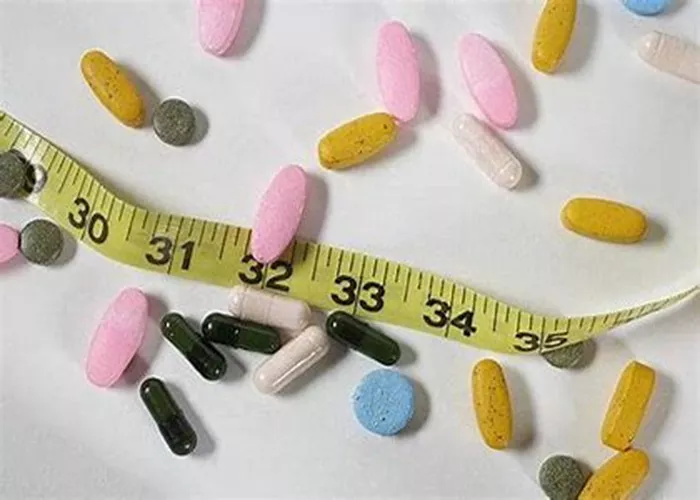The advent of new weight loss drugs like Ozempic has sparked debates around their use for children. The American Academy of Pediatrics now recommends weight loss medications for children as young as 12, but this raises complex questions. Should children be prescribed medications like Ozempic, or is it too risky for them?
The American Academy of Pediatrics’ 2023 guidelines for treating childhood obesity recognize obesity as a serious health condition, one linked to several long-term risks, including cardiovascular diseases and Type 2 diabetes. For years, lifestyle changes like diet and exercise were the first line of defense, but new guidelines include medications like semaglutide (the active ingredient in Ozempic) for children who are severely obese.
Research shows that childhood obesity can lead to conditions such as high blood pressure, sleep apnea, and Type 2 diabetes, but weight loss medications come with risks. Drugs like Ozempic can cause gastrointestinal side effects like nausea, vomiting, and diarrhea, requiring gradual dosage increases. Monitoring is essential, especially for young patients, whose growing bodies and brains react differently than adults.
Another concern is the mental health implications. Many children and teens struggle with body image issues, and prescribing weight loss drugs may inadvertently contribute to harmful perceptions of appearance over health. Some experts warn against using weight loss drugs for children with disordered eating behaviors, emphasizing the importance of addressing underlying issues.
Obesity also disproportionately affects certain groups of children, including those from low-income or minority backgrounds. Unfortunately, weight loss medications may not be accessible to everyone due to their high cost and insurance limitations, which could deepen health inequalities.
Ultimately, while weight loss drugs like Ozempic may provide health benefits for children with obesity-related health conditions, doctors urge caution. Each case must be carefully considered, weighing the potential health risks against the benefits. It’s critical that weight loss treatments focus on improving a child’s health, not merely reducing body size.
As doctors like Dr. Caren Mangarelli and Dr. Stephen Cook suggest, it’s essential to ensure children receive comprehensive care that includes physical and mental health support, and that treatment options should not be driven by societal pressures or stigmas around body weight.
Related Topics:
How Do You Take Mounjaro Injection
Can Your Morning Coffee Aid in Weight Loss?
6 Healthy Fats to Boost Blood Sugar Control and Curb Appetite


